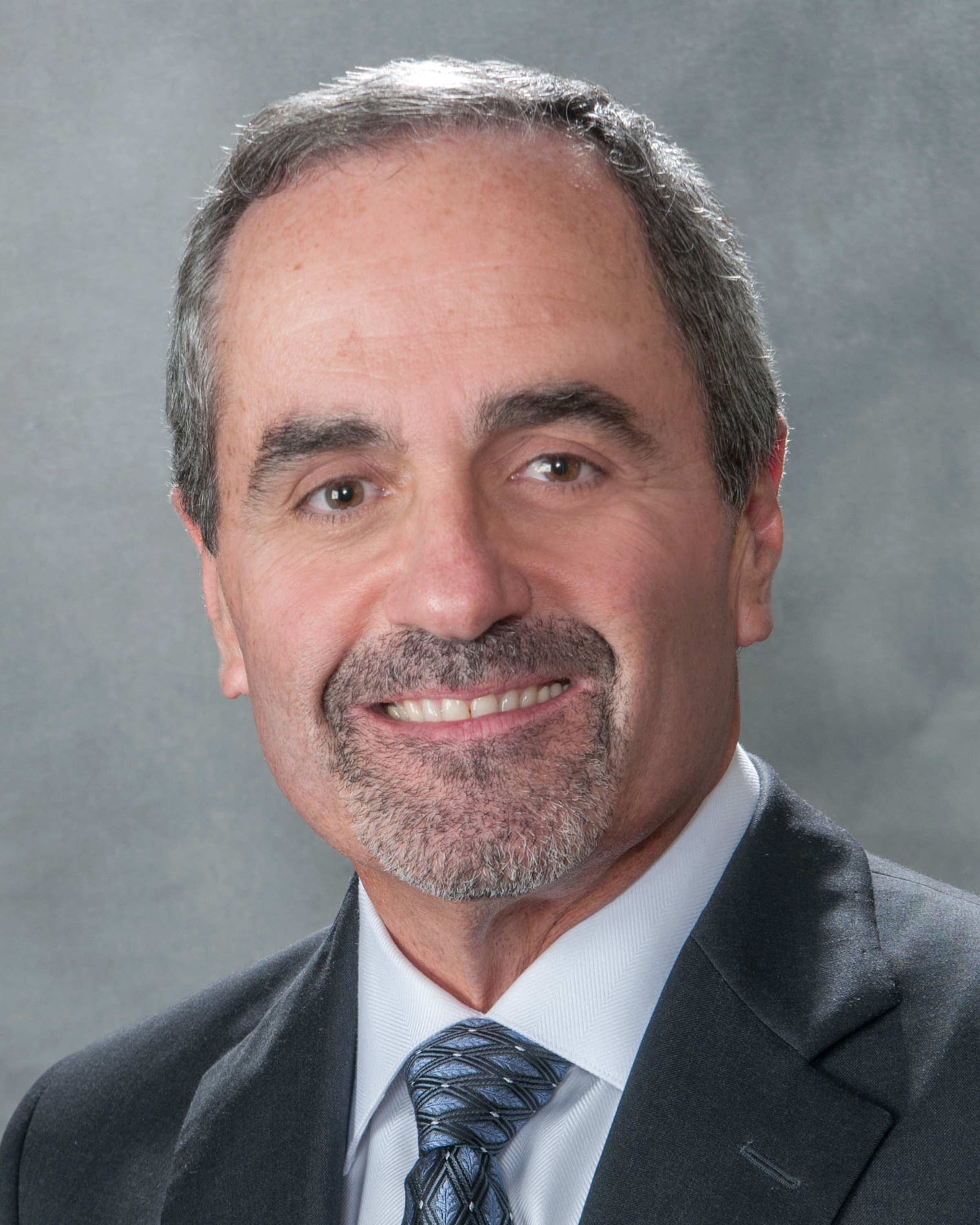That may be the case with a link between prescribed statins and sex hormones, says Orlando J. Suris, M.D., an obstetrician-gynecologist with the Institute for Women’s Health, San Antonio. “Sex hormones, such as estrogen, testosterone and progesterone, naturally begin to decrease with age,” Dr. Suris explains. “These hormones – and all steroid hormones, including sex and adrenal – are derived from your body’s natural cholesterol. When those hormones begin to decrease, your body reacts by producing more cholesterol in an effort to increase your hormone levels.”
Problems may arise when physicians identify these elevated cholesterol levels in patients, and prescribe a statin, such as Lipitor, to lower the levels to within a recommended range. “Elevated cholesterol levels are one of the major risk factors for heart disease, which is the number one killer of women and men in the United States,” Dr. Suris says. “Many physicians immediately prescribe that statin in response to the elevated cholesterol levels. But what if they decided to treat the problem at the source?”
This source, Dr. Suris argues, stems from the body’s overcompensation of natural cholesterol due to the natural depletion of sex hormones. “It may be simpler, in many cases, to treat patients for hormonal deficiencies that cause the body to overproduce this cholesterol,” he says.
“Elevated cholesterol levels are one of the major risk factors for heart disease, which is the number one killer of women and men in the United States”
Larger problems may also arise once a statin is introduced into a patient’s care plan. Statins have many side effects, including the loss of physical strength, memory loss, mood disorders, and sexual and liver dysfunction.
 At the root of this, Dr. Suris says, may be the fact that statins naturally deplete your body of Coenzyme Q10 (COQ10), a vitamin-like substance found in every cell of the body and the main acceptor and donor of electrons. COQ10 functions as an antioxidant within mitochondria, protecting the heart and skeletal muscles, as well as producing energy for cell growth and maintenance. Without it, the aging process may be accelerated as the mitochondrial function slows. Depleted levels of COQ10 can significantly affect muscle mass, including heart muscle, and the energy supply to the brain – which may ultimately correlate to the epidemic of heart attacks and Alzheimer’s disease with the introduction of statins to patients’ medical treatment plans.
At the root of this, Dr. Suris says, may be the fact that statins naturally deplete your body of Coenzyme Q10 (COQ10), a vitamin-like substance found in every cell of the body and the main acceptor and donor of electrons. COQ10 functions as an antioxidant within mitochondria, protecting the heart and skeletal muscles, as well as producing energy for cell growth and maintenance. Without it, the aging process may be accelerated as the mitochondrial function slows. Depleted levels of COQ10 can significantly affect muscle mass, including heart muscle, and the energy supply to the brain – which may ultimately correlate to the epidemic of heart attacks and Alzheimer’s disease with the introduction of statins to patients’ medical treatment plans.
“Studies have shown COQ10 to protect lung function, brain function, preserve metabolic function and even reduce one’s risk of developing cancer by protecting the body from the harmful effects of free radicals,” Dr. Suris says. “Therefore, by prescribing a statin to a patient to manage elevated cholesterol levels, you may actually be increasing their risk factors for a number of other potential health detriments.”
Consider this: The average age for menopause is 51-years-old, and heart disease is the number one killer of women 55-years-old and older. Something significant has taken place in that four-year interim, Dr. Suris says. Is it just because the patient has aged four years, or is it because something else has been introduced that has increased the patient’s risk factors that dramatically?
“Why address one health problem if, by doing so, you’re just creating another?”
The body’s depletion of COQ10 is to blame for elevated risks of cardiovascular disease, Alzheimer’s disease and breast cancer. Many physicians might simply be missing the first step in this common chain of events. Elevated cholesterol levels lead a physician to prescribe a statin, which depletes levels of COQ10 and leads to increased risk for cancer, heart and brain diseases.
Could avoiding some of these medical pitfalls be as simple as practicing proactive, not reactive medicine?
“We’re looking at the ‘Big Four’ in aging treatments,” Dr. Suris explains. “Protect the patient’s brain against the risk of dementia, protect their heart, protect their bones and improve their quality of life. We try to do that by providing the most effective treatment with the fewest components possible. Why address one health problem if, by doing so, you’re just creating another?”
“Sex hormones, such as estrogen, testosterone and progesterone, naturally begin to decrease with age”
Ultimately, each patient’s treatment plan should be unique. Whether it’s a combination of and supplements, hormonal therapy treatments or lifestyle changes, it’s important for physicians to monitor any changes a patient presents, combined with their medical and family history, and try to treat them with as sharp a focus as possible.
“The Institute for Women’s Health cares for women in all stages of life, from obstetrics and fertility treatments to menopause management and hormonal issues,” Dr. Suris says. “Aging treatments need to be tailored for patient-specific plans to address the issues at hand and help mitigate potential problems in the future.”
Orlando J. Suris, M.D., is an obstetrician-gynecologist with the Institute for Women’s Health, San Antonio. For more information visit www.ifwh.org or call 210.494.2000.







Recent Comments